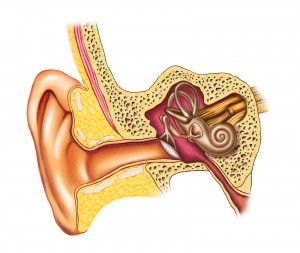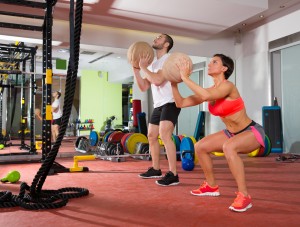A great sense of balance is an important part of moving well and staying active.
It doesn’t matter if you are a professional athlete, a mum athlete or just enjoying your retirement and playing with your grand children, balance matters. Balance is a sense we take for granted, but like other parts of the body it needs to be challenged, stimulated and maintained. There are many interesting exercises in the Pilates repertoire that are perfect for improving your balance.
Did you know
- • After the age of 40 your senses, such as balance and vision begin to degrade, unless you train them
- • Falls are one the biggest source of serious injury and death in adults
- • The vestibular system/inner ear control spine stability as well as balance. Pilates can help your vestibular system, if you pick the right exercises
- • In pregnancy, due to the extra fluid, your vestibular system/inner ear need extra attention
- • Exercising when you are pregnant and moving the bump around helps your baby develop a good ‘sense of balance’ before he or she is born

The vestibular system/inner ear controls muscles in the body, so if it is imbalanced, then so is your body. People can develop inner ear problems following infections such as labrythitis, a blow to the head, whiplash, certain medications and problems with their eyes. You will feel imbalanced as a result of the left inner ear working in opposition to the right.
Your body has the following 3 internal satellites or GPS so it knows where you are in your space and surroundings
• Your Visual System
• Your Inner Ear (aka Vestibular System)
• Your Movement/Sensory System (aka Proprioceptive System)
To move efficiently, powerfully and gracefully through the world, you need great signal quality from your satellites and great signal integration in your brain.

Your vestibular system / Inner ear does the following
• Tells you where you are in space and orientates you to your surroundings.
• It helps you plan and control your movements to get where you want to go.
• It tells you how fast you are moving and when you will reach your destination
• Plays a big role in squatting and jumping
• It talks to the midline cerebellum which is the little brain behind the brain.
A healthy midline cerebellum is key to cognitive function and preventing dementia
• The vestibular system helps to coordinate head and eye movement, so that vision isn’t blurry via the vestibuloccular reflex or VOR
- When your vestibular system/inner ear isn’t functioning properly these are some of the symptoms
Vertigo
Motion sickness
Muscle tension
Pain Weakness
Bad posture
Poor coordination
Bad gait (odd walking)
Anxiety
Anger
Motion sickness
As part of my work, I test people’s vestibular system so I have lots of exercises and advice which will be part of the next blog.
Thanks for reading
